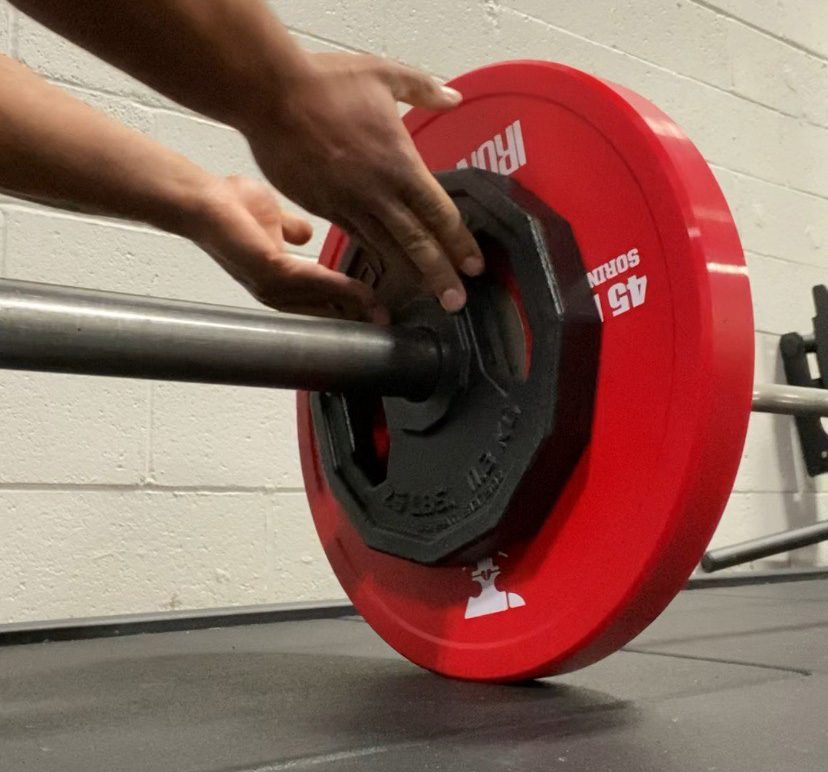Max Weights Max Muscle
We have all seen that guy in the gym. He’s 150 pounds soaking wet, yet he’s squatting 400 pounds, while the 220-pound muscleman is squatting 225. How is this possible? Building strength and building muscle are two very different processes. Strength is the ability to overcome resistance and represents a neurological adaptation. In short, strength increases as your brain and muscles become more in tune with each other. As you lift, your brain sends signals to your muscles that tell them to fire. Muscles are made of motor units, varying in size. A person who is ‘strong’ has a developed ability for the brain to quickly send signals to the largest motor units in a muscle group. That is why someone can maintain muscle mass and still lift progressively heavier weights.
Muscle growth occurs due to muscular damage and healing. The primary factors in this process are load and time under tension. Looking back at the scenario from earlier, the smaller person is lifting a heavier weight, but they are lifting it for less repetitions, in the 1-3 rep range and is taking several minutes in between sets. The more muscular man is squatting less weight but is performing sets of 8-12 with 60-90 seconds between sets. He is incurring muscle damage by performing more repetitions with a load not representative of maximal strength.
A Steak Mistake
If you’re not a strength athlete (powerlifter, strongman/woman, etc), what makes you believe testing your one rep max is valuable? How will you use this information?
If you answered these questions by saying “Testing my one rep max is how I see if I’ve gotten stronger,” I need you to realize that’s a possibly damaging way of thinking. This answer is the equivalent of saying the only way to know if your steak is cooked is to cut into it. If you cut into that steak before its done, you’ll never forgive yourself for disrespecting your taste buds in such a way. You can do the poke test or better yet grab a meat thermometer and get an exact measurement! Sorry, I’m writing this while hungry. Moving on, there are many safer ways to keep track of your strength gains that don’t have as much risk as going for one rep maxes all the time. If you can lift a weight for more reps, would you say that you have gotten stronger? If you can lift a weight faster, would you say that you have gotten stronger? These aren’t trick questions; the answer is yes! Observing your increases in repetitions and speed are two ways to keep track of your strength without putting your body on the line like you would in a one rep max test.
Sum it Up
To conclude, the processes of building strength and building muscle are very different. Strength is a neurological adaptation and muscle growth occurs due to muscular damage and healing. When you are measuring strength, remember there is more than one way to do so, and recognizing these methods can help you stay safe and able to continue on your wellness journey!
By: Trystan Balderston

